Personality disorders are complex mental health conditions that affect how individuals perceive and interact with the world around them. Despite their prevalence, there are often misconceptions and misunderstandings surrounding personality disorders. In this blog, we’ll delve into the intricacies of personality disorders, exploring their symptoms, causes, diagnosis, and treatment options, to provide a comprehensive understanding of these often misunderstood conditions.






